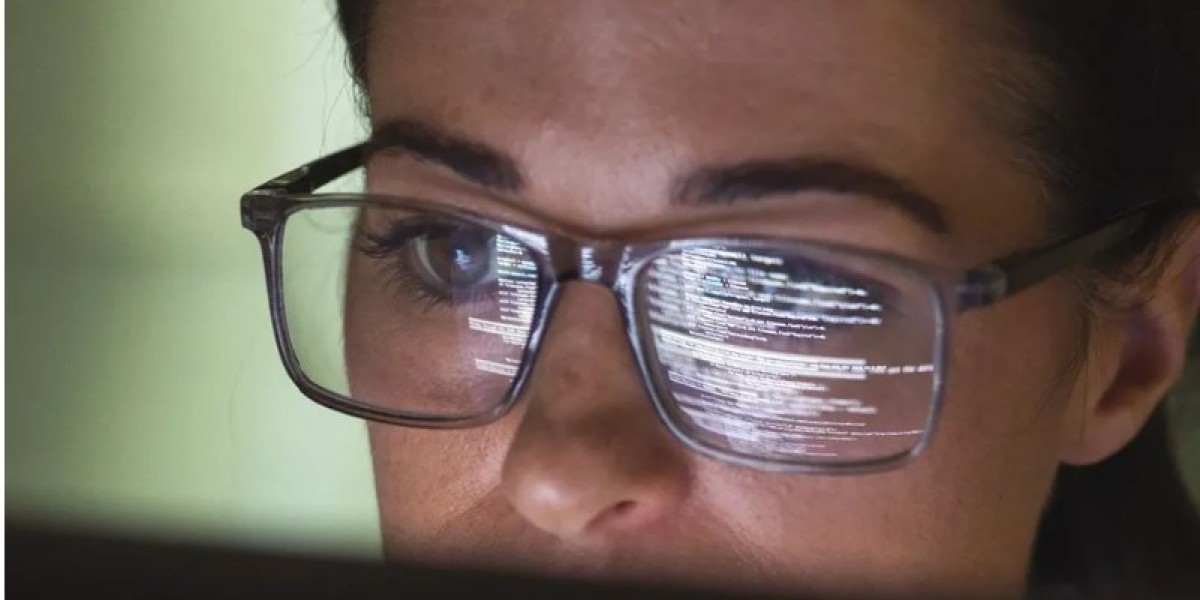The IMF said artificial intelligence is probably going to influence a more prominent extent of occupations - put at around 60% - in cutting-edge economies. In portion of these examples, laborers can hope to profit from the mix of artificial intelligence, which will upgrade their efficiency.
In different occurrences, computer-based intelligence can perform key assignments that are at present executed by people. This could bring down the interest in work, influencing wages and in any event, destroying position.
In the meantime, the IMF projects that the innovation will influence only 26% of occupations in low-pay nations.
It repeats a report from Goldman Sachs in 2023, which assessed that computer-based intelligence could supplant what might be compared to 300 million regular positions - however, said there may likewise be new positions close by a blast in efficiency.
In the meantime, UK State Head Rishi Sunak said in November individuals ought not to be stressed over the effect of computer-based intelligence on positions by any stretch of the imagination, since changes to schooling changes would help abilities.
Ms. Georgieva expressed, "A significant number of these nations don't have the foundation or gifted labor forces to outfit the advantages of computer-based intelligence, raising the gamble that after some time the innovation could demolish disparity among countries".
Our fingerprints may not be remarkable, claims man-made intelligence
Youngsters going to man-made intelligence advisor bots
All the more by and large, higher-pay and more youthful specialists might see a lopsided expansion in their wages after embracing computer-based intelligence.
Lower-pay and more established laborers could fall behind, the IMF accepts.
"Nations should lay out extensive social security nets and deal retraining programs for weak laborers," Ms Georgieva said. "In doing as such, we can make the artificial intelligence change more comprehensive, safeguarding jobs and checking imbalance."
The IMF examination comes as worldwide business and political pioneers accumulate at the World Financial Discussion in Davos, Switzerland.
Computer-based intelligence is a subject of conversation, following the flood in the fame of utilizations like ChatGPT.
The innovation is confronting expanded guidelines all over the planet. Last month, European Association authorities arrived at a temporary arrangement on the world's most memorable exhaustive regulations to control the utilization of man-made intelligence.
The European Parliament will decide on the Artificial Intelligence Act proposition early this year, yet any regulation won't produce results until no less than 2025.
The US, UK, and China still can't seem to distribute their own computer-based intelligence rules.








